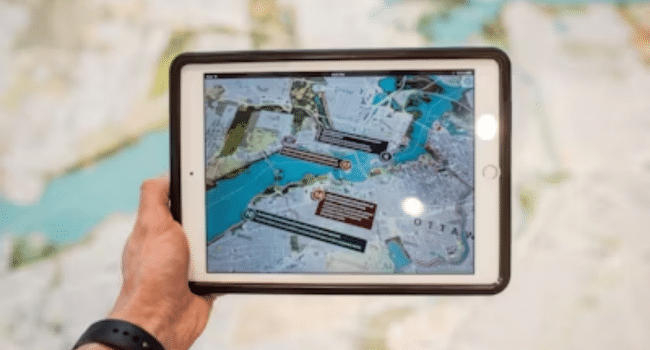Table of Contents
GPS tracking systems have revolutionised the way businesses manage their fleets. These systems provide real-time data on vehicle location, movement, and driver behaviour, offering invaluable insights for fleet managers.
However, to truly maximise the benefits, integrating car trackers GPS with other technologies is crucial to create a more comprehensive, efficient, and effective fleet management strategy.
Let’s explore how this integration with other tech solutions can transform your fleet management experience.
Enhanced Route Optimisation with AI and Machine Learning
One of the most significant advantages of integrating GPS tracking with AI and machine learning is enhanced route optimisation.
AI algorithms can analyse vast amounts of data from various sources, including traffic patterns, weather conditions, and historical route performance.
By doing so, they can predict the best routes for your vehicles, minimising delays and reducing fuel consumption. This not only saves time and money but also enhances customer satisfaction by ensuring timely deliveries.
Improving Driver Behaviour with Telematics
Telematics technology, when combined with GPS tracking, offers a powerful tool for monitoring and improving driver behaviour. Telematics systems can track various aspects of driving, such as speed, braking patterns, and idling time.
This data, when analysed alongside GPS tracking information, can help identify risky driving behaviours and provide targeted feedback to drivers.
Implementing driver training programs based on this data can lead to safer driving practices, reduced accident rates, and lower insurance premiums.
Streamlining Fleet Maintenance with IoT Sensors
Integrating GPS tracking with IoT (Internet of Things) sensors can significantly streamline your fleet maintenance processes.
IoT sensors can monitor the condition of various vehicle components, such as engine performance, tyre pressure, and brake health.
When these sensors are connected to your GPS tracking system, you can receive real-time alerts about potential maintenance issues. This allows for proactive maintenance, reducing the risk of breakdowns and extending the lifespan of your vehicles.
Enhancing Security with Advanced Surveillance Systems
Security is a top priority for any fleet manager. Integrating GPS tracking with advanced surveillance systems can provide an added layer of security for your vehicles.
Modern surveillance systems can include features such as in-cabin cameras, external cameras, and motion detectors.
When combined with GPS tracking data, these systems can offer real-time monitoring of your fleet, allowing you to respond quickly to any security threats. This can help prevent theft, recover stolen vehicles, and ensure the safety of your drivers.
Seamless Communication with Cloud-Based Platforms
Effective communication is essential for efficient fleet management. Integrating GPS tracking with cloud-based communication platforms can ensure seamless and reliable communication between drivers and fleet managers.
These platforms can provide real-time updates on vehicle locations, route changes, and delivery statuses. This ensures that all parties are informed and can make timely decisions, leading to improved coordination and efficiency.
Final Word
Integrating GPS tracking with other technological solutions offers numerous benefits for fleet management. By leveraging the capabilities of AI, telematics, IoT sensors, surveillance systems, smart fuel sensors, and cloud-based platforms, you can enhance efficiency, reduce costs, and improve safety.
Whether you are managing a small fleet or a large one, these integrations can provide you with the tools you need to stay ahead in a competitive market.
Embrace the future of fleet management with integrated GPS tracking and unlock the full potential of your operations.
Read More on KulFiy
Dr.Fone – Virtual Location: The best application to change your iOS GPS and fake GPS movement
Unlocking Personal Safety: Harnessing the Power of Tracker Devices
